U.S.-Iran Nuclear Talks: Stalemate On Key Issues
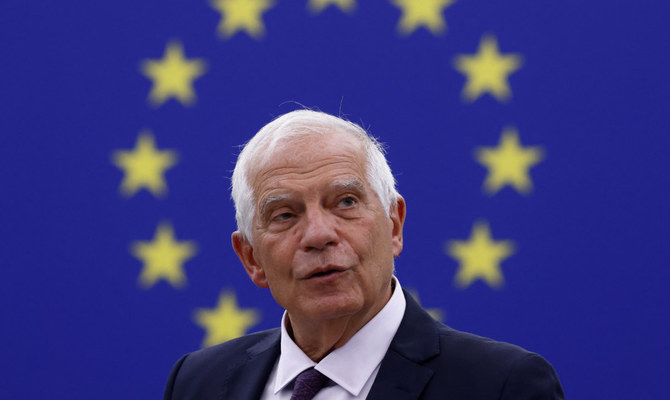
Table of Contents
Sanctions Relief and Verification
A central point of contention in the U.S.-Iran nuclear talks revolves around sanctions relief and the mechanisms for verifying Iran's compliance. These intertwined issues form a significant hurdle to reaching a mutually acceptable agreement.
Scope of Sanctions Lifting
Iran demands the complete removal of all sanctions imposed by the U.S., arguing that many are unrelated to its nuclear program and unfairly hinder its economy. The U.S., however, is hesitant to lift all sanctions, insisting on assurances regarding Iran's commitment to the agreement and its non-proliferation goals.
- Disagreement centers around the definition of "nuclear-related sanctions" versus broader economic sanctions. This semantic difference has significant practical implications, as Iran seeks relief from sanctions impacting various sectors of its economy.
- Concerns exist regarding the reversibility of sanctions relief, should Iran violate the agreement. The U.S. wants a clear mechanism to reinstate sanctions quickly and effectively if Iran fails to meet its obligations. This concern fuels mistrust and complicates the negotiation process.
Verification Mechanisms
Establishing robust and mutually acceptable verification mechanisms is another major challenge. Both sides have vastly different views on the level of intrusive monitoring required.
- Iran wants a verification process that unequivocally recognizes its compliance with the agreement by the international community. This is crucial for restoring its international standing and gaining access to the global economic system.
- The U.S. insists on a rigorous, intrusive monitoring system to prevent Iran from secretly developing nuclear weapons. This demand stems from concerns about Iran's past actions and a lack of complete transparency regarding its nuclear program. This divergence in approaches underscores the deep-seated distrust between the two nations.
Iran's Nuclear Program Advancements
Since the U.S. withdrawal from the JCPOA in 2018, Iran has made significant advancements in its nuclear program, considerably complicating the renegotiation process. These advancements raise serious concerns about the country's nuclear ambitions.
Enriched Uranium Stockpiles
Iran has significantly increased its stockpile of enriched uranium, exceeding the limits stipulated in the original JCPOA. This increase raises alarm bells internationally.
- The enrichment level has also increased, nearing weapons-grade levels, fueling international concerns. This rapid advancement necessitates stricter verification measures and more extensive concessions from Iran to return to compliance.
- This advancement complicates the timeline for returning to compliance, as Iran's concessions would need to address the amassed stockpile. The sheer volume of enriched uranium requires a phased approach to reduction, adding complexity and extending the negotiation process.
Advanced Centrifuges
Iran's development and deployment of advanced centrifuges capable of enriching uranium far more rapidly than older models represent another significant challenge.
- This technological advancement allows Iran to rapidly produce enriched uranium if it chooses to do so. This capability heightens concerns about the potential for a rapid breakout to nuclear weapons capability.
- The U.S. seeks limitations on Iran's centrifuge technology as a critical part of any revived agreement. Limiting the number and type of centrifuges is considered essential to controlling Iran's enrichment capacity and preventing a rapid accumulation of weapons-grade material.
Regional Security Concerns and Proxies
The U.S.-Iran nuclear talks are inextricably linked to broader regional security concerns, including Iran's regional influence and its support for proxy groups. These issues add layers of complexity to an already intricate negotiation.
Ballistic Missile Program
The U.S. and its allies remain deeply concerned about Iran's ballistic missile program, which was not explicitly addressed in the original JCPOA. This issue significantly impacts the negotiations.
- Linking the missile program to the nuclear talks remains a significant point of contention. The U.S. argues that Iran's missile capabilities pose a threat to regional stability and should be addressed alongside its nuclear program.
- The U.S. seeks limitations or assurances regarding Iran's ballistic missile capabilities. This demand is a major sticking point, as Iran views its missile program as a purely defensive measure and is reluctant to compromise on this issue.
Regional Influence and Proxy Conflicts
Iran's support for proxy groups in countries like Yemen, Syria, and Lebanon further complicates the U.S.-Iran nuclear talks.
- Some argue that addressing these regional concerns is essential for achieving lasting stability. They believe that a comprehensive agreement must encompass all aspects of Iran's destabilizing actions in the region.
- Others contend that focusing on the nuclear issue is paramount, and other regional concerns should be addressed separately. This view prioritizes preventing nuclear proliferation and addresses other regional challenges through different diplomatic channels.
Conclusion
The U.S.-Iran nuclear talks remain at a critical juncture, characterized by significant disagreements hindering meaningful progress. The obstacles surrounding sanctions relief, verification mechanisms, Iran's nuclear advancements, and broader regional security concerns create a complex and challenging landscape for achieving a deal. While a revived agreement holds the promise of de-escalation and preventing Iran from developing nuclear weapons, the current stalemate underscores the need for continued diplomatic efforts and creative solutions to overcome these obstacles. Closely monitoring the progress of these crucial U.S.-Iran nuclear talks and understanding the complexities involved is critical for maintaining regional stability and preventing further escalation. Stay informed about further developments in the ongoing U.S.-Iran nuclear negotiations to understand the implications for global security. The future of the region, and indeed global security, hinges on a successful resolution of these vital U.S.-Iran nuclear talks.

Featured Posts
-
 2000 Yankees Diary A Game Recap Of The Victory Against The Royals
Apr 28, 2025
2000 Yankees Diary A Game Recap Of The Victory Against The Royals
Apr 28, 2025 -
 Decoding The Luigi Mangione Movement A Supporters Perspective
Apr 28, 2025
Decoding The Luigi Mangione Movement A Supporters Perspective
Apr 28, 2025 -
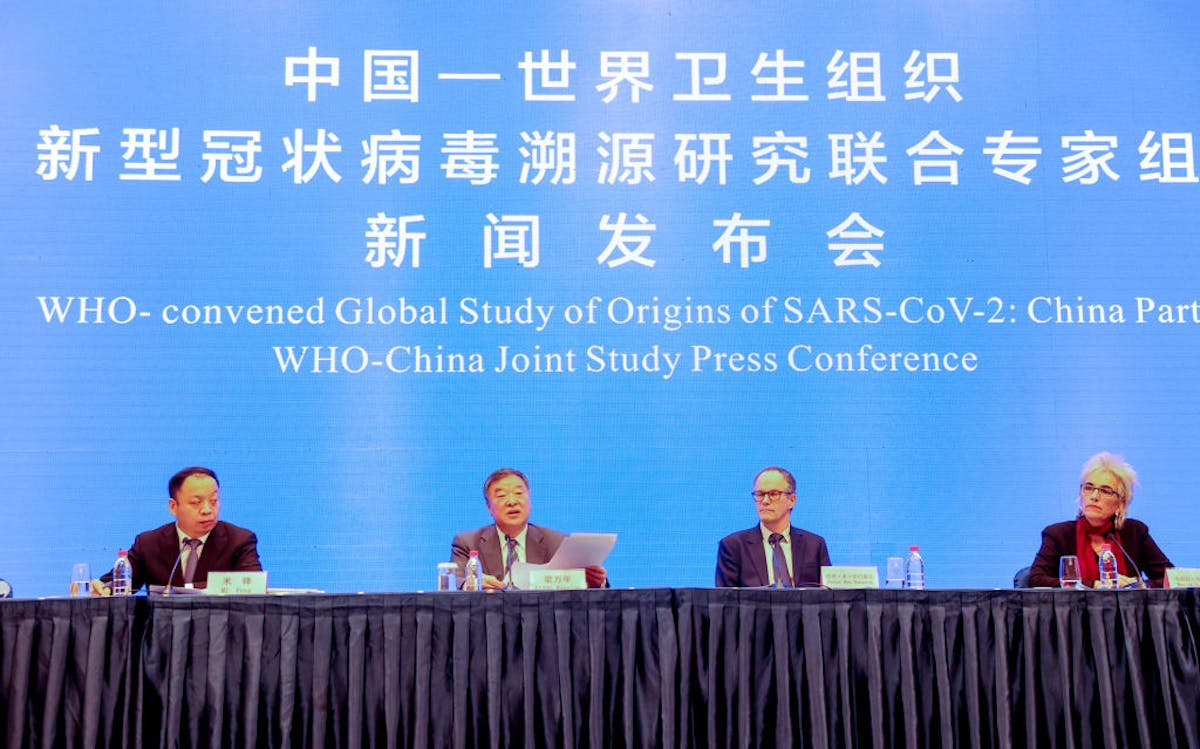 During Pandemic Lab Owner Pleads Guilty To Faking Covid Test Results
Apr 28, 2025
During Pandemic Lab Owner Pleads Guilty To Faking Covid Test Results
Apr 28, 2025 -
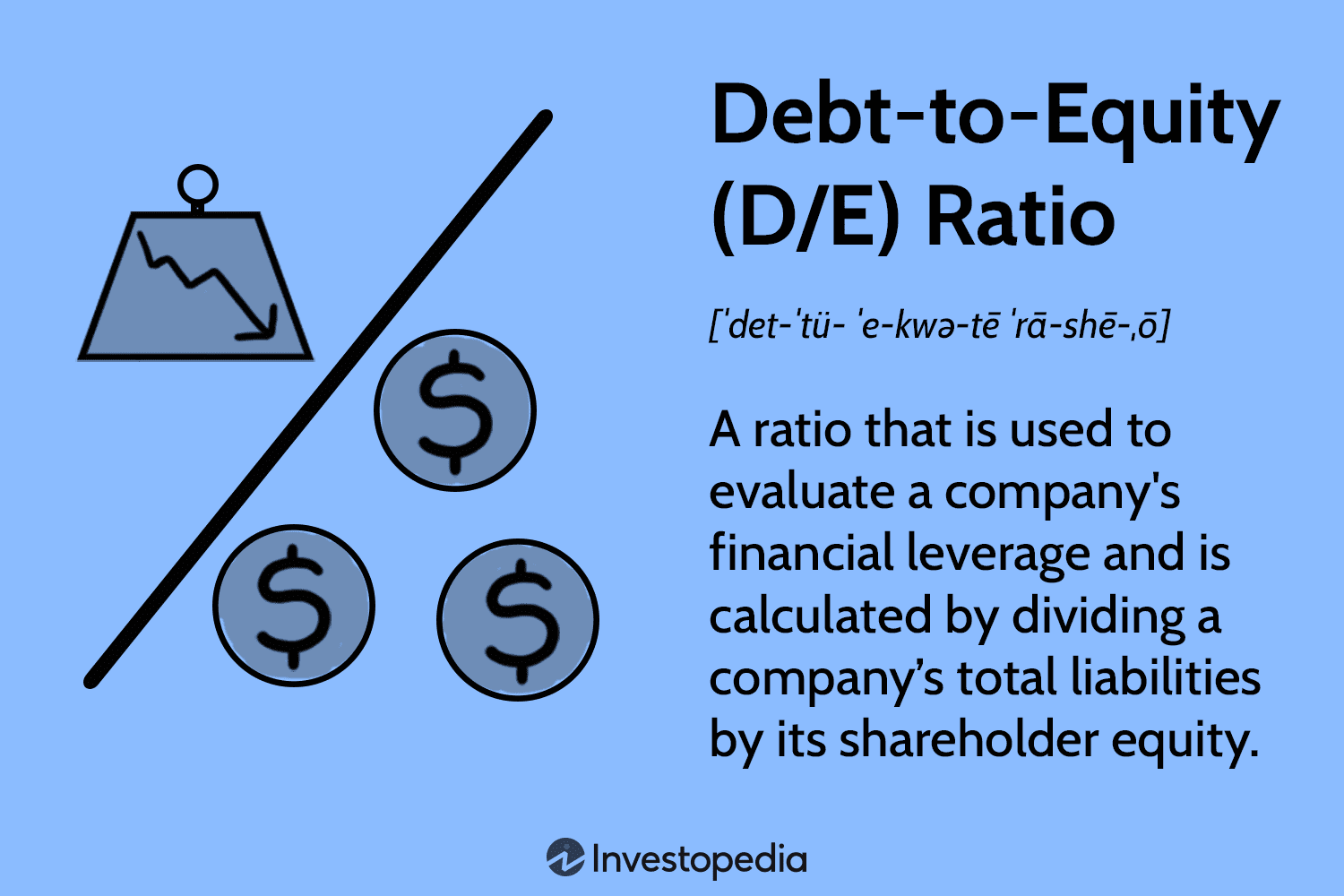 The Impact Of Musks X Debt Sale A Look At The New Financials
Apr 28, 2025
The Impact Of Musks X Debt Sale A Look At The New Financials
Apr 28, 2025 -
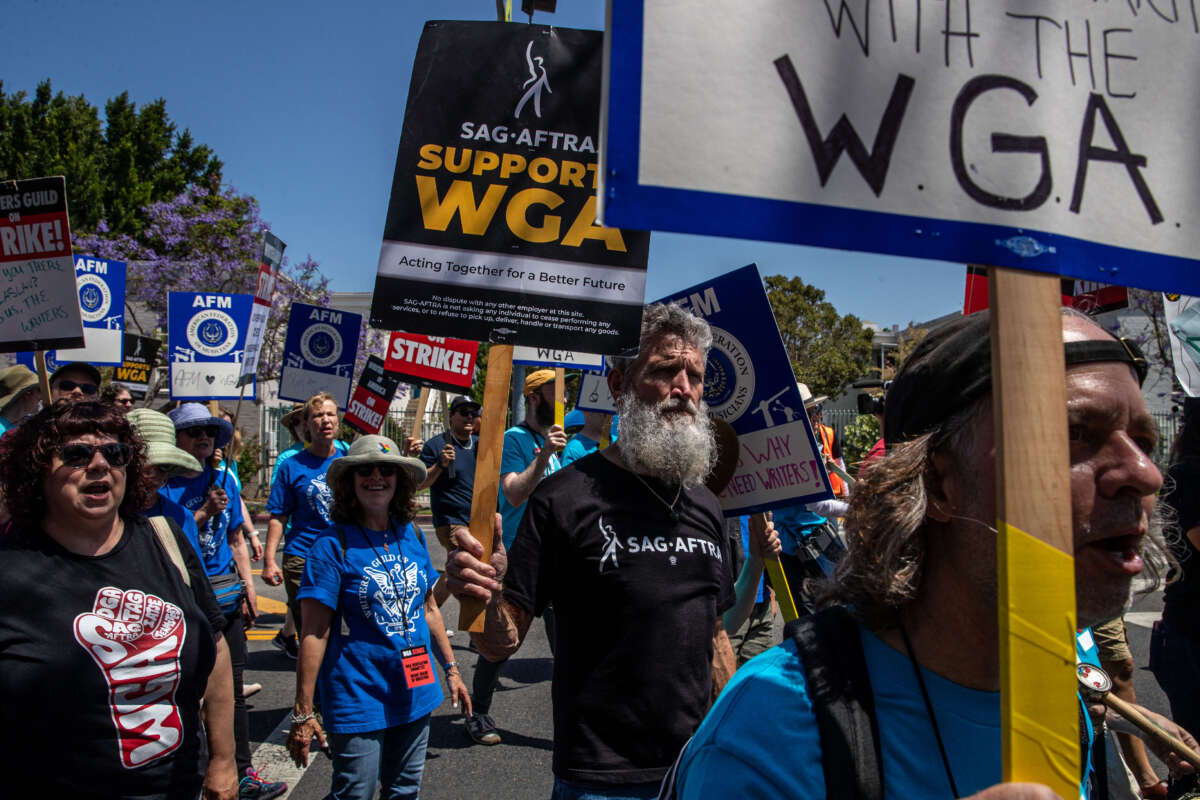 Hollywood Production Grinds To Halt Amidst Joint Actors And Writers Strike
Apr 28, 2025
Hollywood Production Grinds To Halt Amidst Joint Actors And Writers Strike
Apr 28, 2025
Latest Posts
-
 75
Apr 28, 2025
75
Apr 28, 2025 -
 Tecno Universal Tone
Apr 28, 2025
Tecno Universal Tone
Apr 28, 2025 -
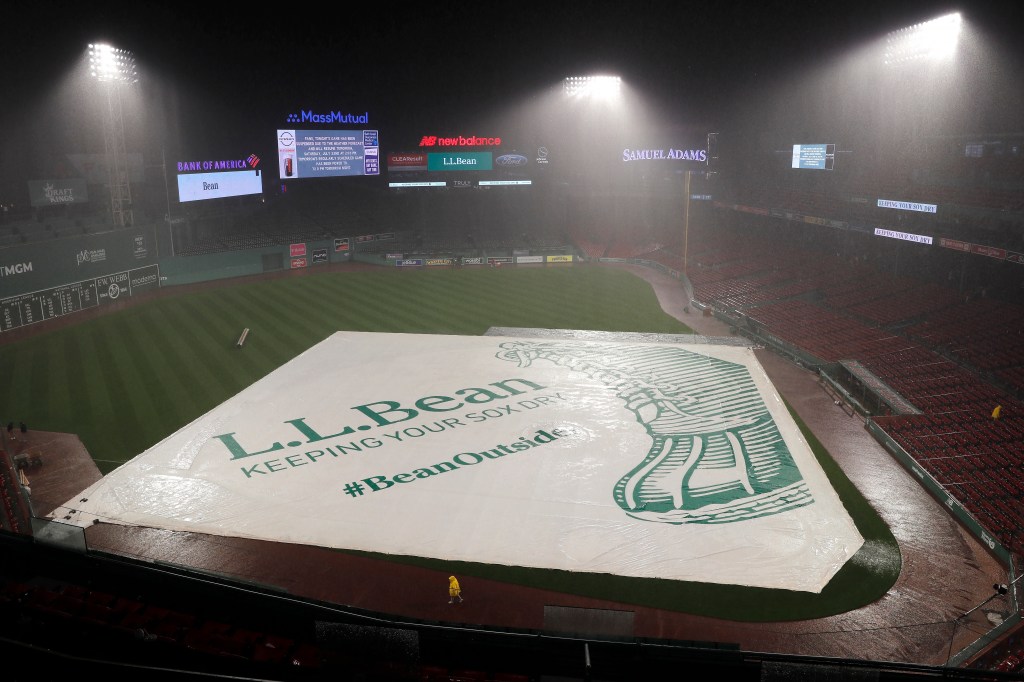 Coras Subtle Red Sox Lineup Changes For Doubleheader
Apr 28, 2025
Coras Subtle Red Sox Lineup Changes For Doubleheader
Apr 28, 2025 -
 Could Espns Red Sox Outfield Prediction For 2025 Come True
Apr 28, 2025
Could Espns Red Sox Outfield Prediction For 2025 Come True
Apr 28, 2025 -
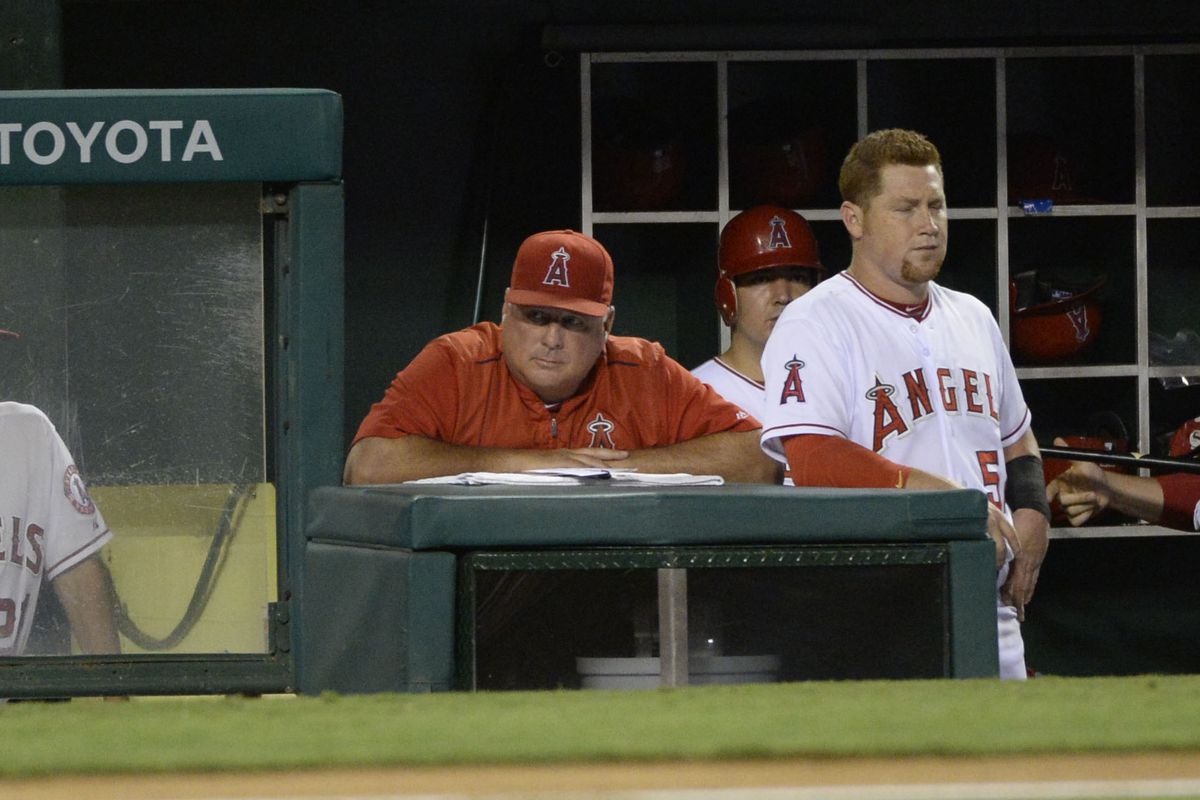 Slight Lineup Shift For Red Sox Doubleheader Game 1
Apr 28, 2025
Slight Lineup Shift For Red Sox Doubleheader Game 1
Apr 28, 2025
